 For, to say nothing of half the birds, and some quadrupeds which are almost entirely supported by them, worms seem to be the great promoters of vegetation, which would proceed but lamely without them, by boring, perforating, and loosening the soil, and... For, to say nothing of half the birds, and some quadrupeds which are almost entirely supported by them, worms seem to be the great promoters of vegetation, which would proceed but lamely without them, by boring, perforating, and loosening the soil, and...  Animal biography, or, Popular zoology - Page 273by William Bingley - 1829Full view Animal biography, or, Popular zoology - Page 273by William Bingley - 1829Full view - About this book
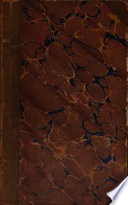 | William Bingley - 1803 - 624 pages
...ill without them,) by boring, perforating, and loosening the soil, and rendering it pervious to rains and the fibres of plants, by drawing straws and stalks of leaves and twigs into it ; and, most of all, by throwing up such infinite numbers of lumps called worm-casts, which form a fine manure... | |
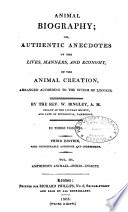 | William Bingley - 1805 - 622 pages
...plants, by drawing straws and stalks cf leaves and twigs into it : and, most of all, by throwing up such infinite numbers of lumps called worm-casts, which form a fine manure for grain and grass. — Worms probably provide new soil for hills and slopes where the rain washes the... | |
 | William Barker Daniel - 1812 - 654 pages
...promoters of Vegetation, by perforating and loosening the Soil, and rendering it pervious to rains and the fibres of plants, by drawing straws and stalks of leaves and twigs into it ; and most of all, by throwing up such infinite numbers of earthy lumps, called Worm-casts, which being their... | |
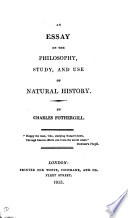 | Charles Fothergill - 1813 - 288 pages
...lamely without them, by boring, perforating, and loosening the soil, and rendering it pervious to rains and the fibres of plants, by drawing straws and stalks of leaves and twigs into it; and, most of all, by throwing up such infinite numbers of lumps of earth called wormcasts, which, being... | |
 | 1822 - 588 pages
...same time, which is the very object which we seek when we dig in manure : moreover they throw up vast numbers of lumps called wormcasts, which form a fine manure for grass or corn. These worms are however not generally much approved of by gardeners and farmers. They are... | |
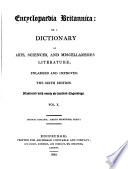 | 1823 - 872 pages
...•without them) by boring, perforating, and loosening the soil, and rendering it pervious to rains and the fibres of plants, by drawing straws and stalks of leaves and twigs into it ; and most of all, by throwing up such infinite numbers of lumps called worm-casts, which form a fine manure... | |
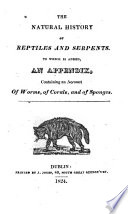 | 1824 - 188 pages
...This they do by boring, perforating, and loosening the soil, 'and rendering it open to receive rain and the fibres of plants, by drawing 'straws and stalks of leaves and twigs into it ; and most of all, by throwing up such infinite numbers of lumps, called worm-casts, which form a tine manure... | |
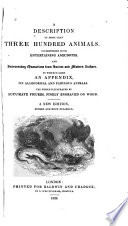 | 1829 - 494 pages
...great nuisance by gardeners, they bore, perforate, and loosen the soil, and render it pervious to rains and the fibres of plants, by drawing straws and stalks...leaves and twigs into it ; and chiefly by throwing infinite numbers of lumps called worm-casts, which form a fine manure for grass and corn. The Ttenia,... | |
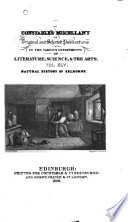 | Gilbert White - 1829 - 364 pages
...lamely without them, by boring, perforating1, and loosening the soil, and rendering it pervious to rains and the fibres of plants, by drawing straws and stalks of leaves and twigs into it ; and, most of all, by throwing up such infinite numbers of lumps of earth called worm- casts, which being... | |
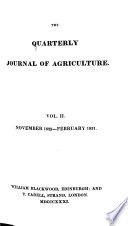 | William Blackwood - 1831 - 986 pages
...lamely without them, by boring, perforating, and loosening the soil, and rendering it pervious to rains and the fibres of plants, by drawing straws and stalks of leaves and twigs into it ; and, most of all, by throwing up such infinite numbers of lumps of earth, called worm-casts, which being... | |
| |